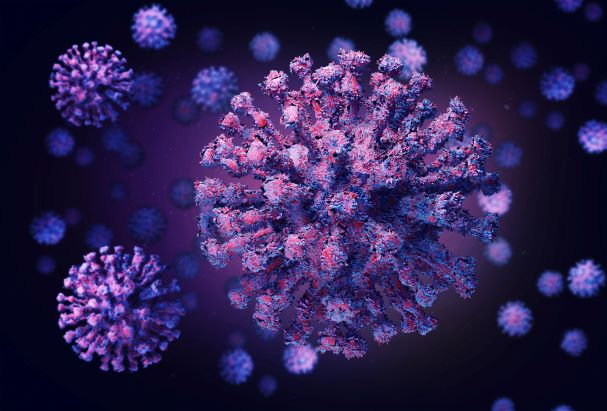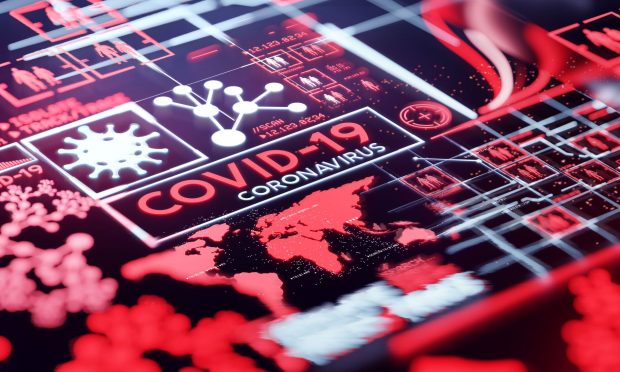Since March 2020, the CDEI has been monitoring the use of AI and data-driven technology in the UK’s COVID-19 response through two distinct lenses. Firstly, through our COVID-19 repository, which is a database for novel use-cases of artificial intelligence and …
The CDEI has been researching the role of privacy enhancing technologies (PETs) in enabling safe, private and trustworthy use of data. Privacy is a fundamental right. Organisations have an obligation to protect privacy, and must consider important legal, ethical, and …
Today the CDEI publishes its report on local government use of data during the COVID-19 pandemic. The report draws together the findings of a forum discussion hosted last year with local authority representatives, and is supplemented by individual interviews and …
In this blog, we highlight how, as proposed in the UK government’s National Data Strategy, the CDEI is increasingly working in partnership with public sector bodies and industry on live projects, and building out its capability to help the government …
Today we have published an update report on our work with the Behavioural Insights Team (BIT) and Doteveryone, that follows on from our review of online targeting. Since March, we have been working to understand how, by changing how technology …
Almost all (13 of 16) of this month’s entries were related to healthcare, with the majority of those specifically looking at use-cases in hospitals. Given that the UK faces an ongoing public health crisis and is entering a second-wave of coronavirus infections, it is not surprising that these use-cases are the most prevalent at this time.
The number of brand new use-cases that we are seeing each month has seen a downturn since we began compiling the COVID-19 repository, although we are continuing to find further examples of the existing entries that we have been tracking, indicating that existing use-cases are being adopted more widely.
In a project at Oxford University Hospitals NHS Foundation Trust (OUH), researchers have built an AI-driven test to screen for COVID-19, in the first hour of a patient arriving at an emergency department. The AI model - trained using laboratory bloods, blood gases, and observations recorded routinely during 115,000 presentations to Oxfordshire’s Emergency Departments - looks for a ‘biochemical and physiological signature’ of COVID-19.
Although the majority (70%) of the use-cases we have added over the last month are still related to health and social care, the focus has moved away from managing the immediate public health crisis and towards building future resilience.
Today the CDEI publishes its first report on public sector data sharing. It explores the barriers to data sharing and focuses on citizen trust which the report argues needs to be addressed if we are to maximise the value of …










Recent Comments